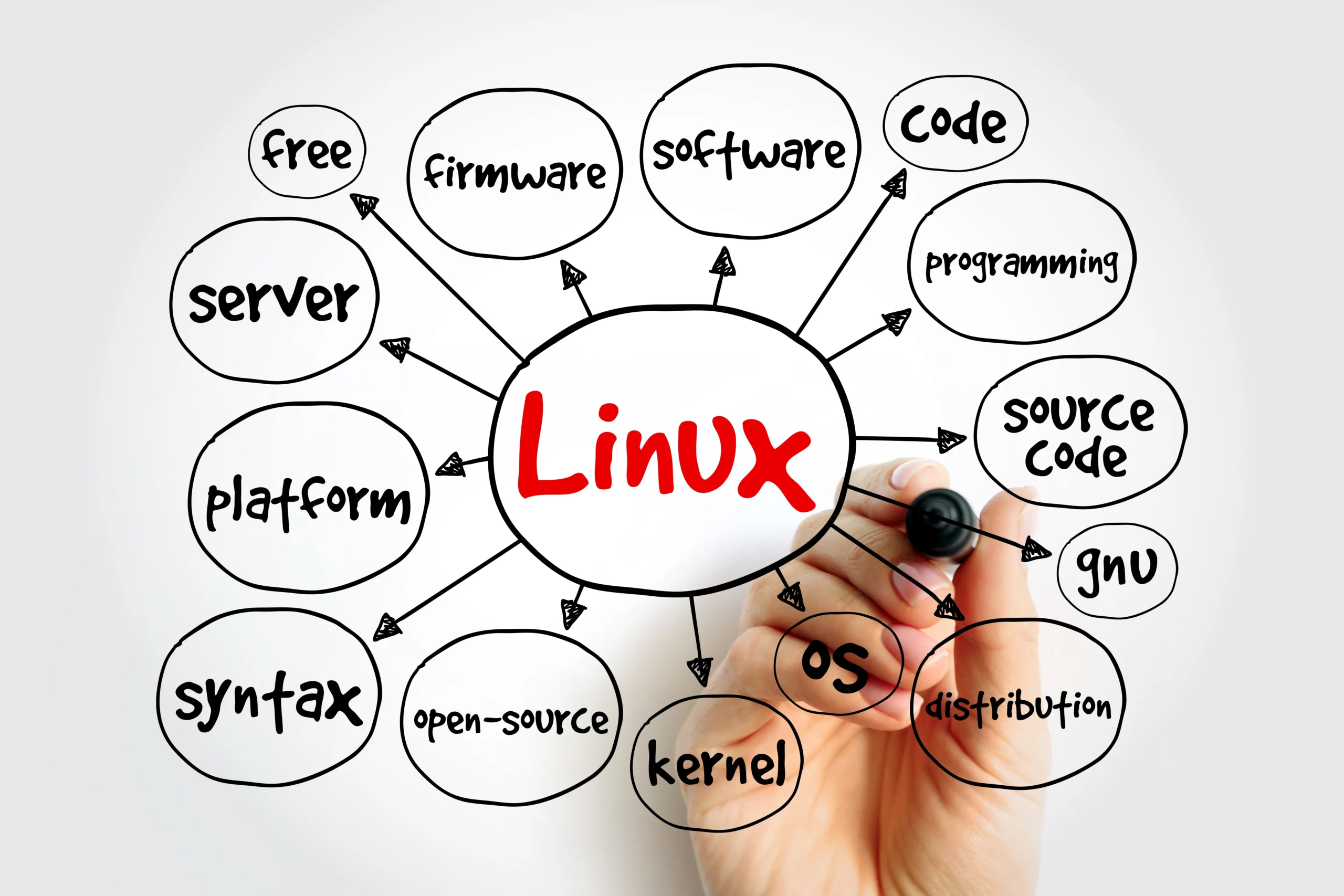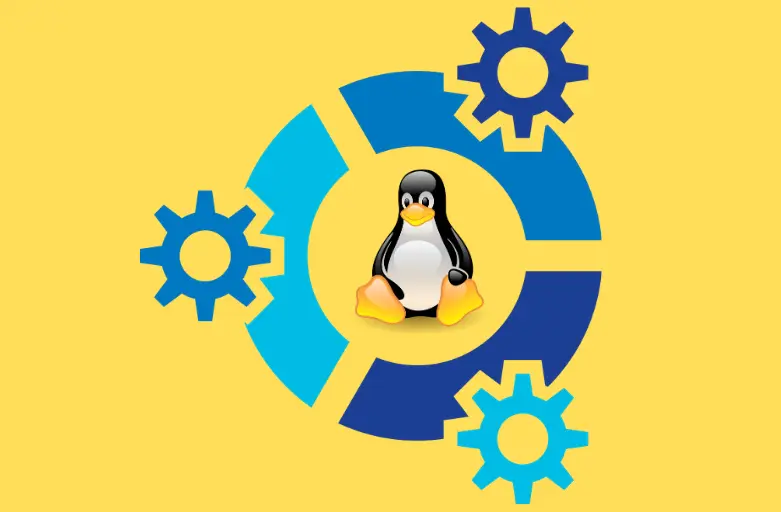15
+
YEARS OF
EXPERIENCE
1000
+
SUCCESSFUL
Projects
80
+
Satisfied
Clients

In today’s digital landscape, robust Linux security management is more critical than ever. With Linux powering a vast percentage of enterprise servers, cloud infrastructures, and IoT devices, protecting these environments ensures business continuity and data integrity. Effective Linux security management encompasses a range of practices, from access control and patch management to intrusion detection and compliance monitoring. This article explores how organisations can safeguard their Linux systems using modern strategies, empowering IT professionals with practical solutions and insights.
Understanding Linux Security Management: foundations and Importance
Linux security management refers to the thorough set of practices, tools, and protocols designed to protect Linux-based operating systems from threats such as malware, unauthorized access, data breaches, and system vulnerabilities. At its core, Linux security involves careful configuration of system permissions, continuous vulnerability assessments, and strict monitoring of system logs and user behaviours. Given that many enterprise-grade applications and servers run on Linux, a well-structured security framework is essential to prevent disruptions, data loss, and reputation damage.
Proxar IT Consulting works closely with organisations to implement best practices such as Principle of Least Privilege (PoLP), robust firewall configurations, and automated patch management to reduce attack surfaces. Additionally,leveraging industry-standard security modules like SELinux and AppArmor enhances system hardening efforts. By proactively managing Linux security, businesses can address emerging cyber threats while maintaining compliance with regulatory standards such as GDPR and ISO 27001.







Advanced strategies in Linux Security Management for Enterprise Environments
As cyber threats evolve, enterprises need to adopt advanced Linux security management strategies that extend beyond basic protection. This involves integrating automation in patch management to ensure that all Linux systems are promptly updated with security fixes, reducing exposure to known vulnerabilities. Centralised logging and Security Information and Event Management (SIEM) tools help security teams detect anomalies across multiple Linux instances in real time, enabling faster incident response. Implementing multi-factor authentication (MFA) and robust SSH key management is critical to securing remote access-a common attack vector in Linux environments. Container security, increasingly relevant as organisations deploy Docker and Kubernetes, also falls under this management umbrella, were image scanning and runtime protections prevent threats inside orchestrated clusters.
However, these advanced approaches are not without challenges. Organisations face complexities in maintaining configuration consistency across diverse systems and the need for specialised expertise to manage security tools effectively. Proxar IT Consulting leverages deep industry experience to tailor Linux security management practices, balancing automation and human oversight. We guide clients through compliance audits by providing transparent security governance and documentation. This holistic approach reduces operational risk and fosters a security-first culture, essential in today’s threat landscape.

Integrating automation and centralised management tools optimises security administration, saving time and reducing human error. By adopting multi-factor authentication and container-specific safeguards, enterprises can strengthen security at multiple layers. Awareness of common challenges allows organisations to prepare and mitigate risks effectively through expert guidance and customised solutions.
Real-World Linux Security Management Insights: Case Studies and Implementation Examples
Pragmatic submission of Linux security management shines through when examining real-world scenarios. As an example, a financial services client partnered with Proxar IT Consulting to overhaul their Linux server infrastructure security following a targeted phishing attack that exploited SSH vulnerabilities. Proxar’s team implemented stringent key management protocols, migrated to centralized SSH bastion hosts with MFA, and deployed host-based firewalls coupled with SELinux enforcement. This multifaceted approach substantially reduced the attack surface and improved audit readiness.
Another case involved a technology firm seeking to secure their Kubernetes deployments running on Linux hosts. Proxar introduced container image scanning into their CI/CD pipelines, alongside runtime monitoring tools and network segmentation policies. These measures prevented deployment of compromised images and alerted teams to suspicious runtime behaviours, raising overall infrastructure resilience.
These examples underscore the importance of a tailored and layered Linux security management strategy addressing specific organisational needs. Proxar IT Consulting’s expertise ensures that complexities such as compliance with standards like PCI-DSS are aligned with daily operational security, crafting sustainable and scalable security postures for clients across industries.

answer time
satisfaction
score
on initial call
same business
day
Empowering Your Organisation Through Expert Linux Security Management
Mastering Linux security management is a vital investment for any organisation looking to protect its digital assets from rapidly evolving threats. Throughout this article, we’ve explored foundational concepts, advanced techniques, and practical case studies that demonstrate both challenges and solutions in securing Linux environments. At Proxar IT Consulting, we understand the dynamic nature of cybersecurity and provide tailored strategies that combine cutting-edge technology with expert human intervention. Whether your goal is to strengthen access controls, automate compliance, or secure container-based deployments, our team is ready to help you build resilient systems. To take the next step in safeguarding your infrastructure, we invite you to contact us today and discover how expert Linux security management can elevate your organisation’s security posture.

